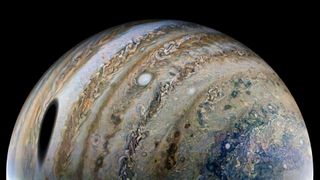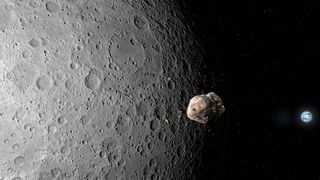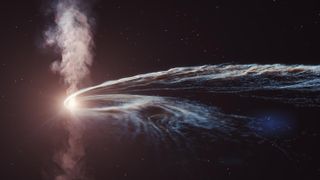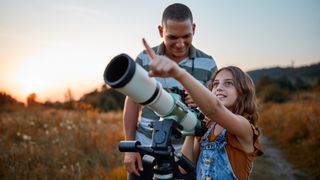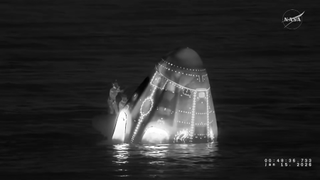Space news, features and articles
Explore Space
Editor's Picks
Latest about Space
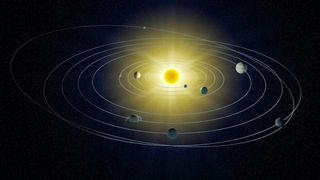
NASA launches Pandora telescope, taking JWST's search for habitable worlds to a new level
By Daniel Apai published
The James Webb telescope's search for habitable exoplanets is getting a big boost from its new star-watching companion, Pandora.
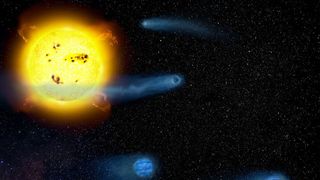
Strange discovery offers 'missing link' in planet formation
By Sharmila Kuthunur published
A decade of observations of four planets around the young planetary system V1298 Tau revealed a rare, long-sought missing link in planet formation.
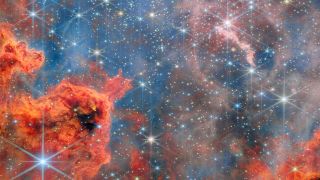
James Webb telescope spots 'failed stars' in a breathtaking cluster near Earth — Space photo of the week
By Shreejaya Karantha published
The James Webb Space Telescope captured a colorful portrait of a nearby stellar cradle, revealing a wealth of insights about countless stars.
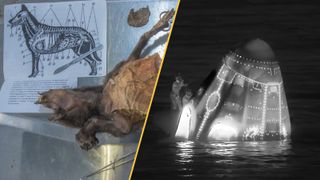
Crew-11 emergency return, Mars Sample Return cancellation, shrinking river deltas, and an ancient wolf mystery.
By Ben Turner published
Science news this week Jan. 17, 2026: Our weekly roundup of the latest science in the news, as well as a few fascinating articles to keep you entertained over the weekend.
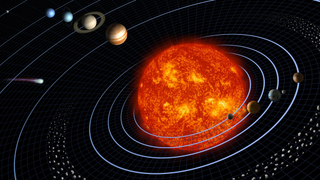
Is there anything 'below' Earth in space?
By Jeff Moersch published
Earth and its neighbors orbit the sun on a relatively flat plane. But what's below this plane, and is anythign below the Earth?
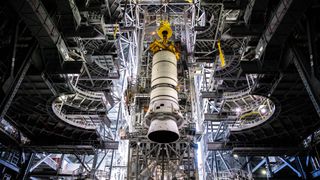
Watch NASA roll its historic Artemis II moon rocket to the launch pad this weekend
By Ben Turner published
NASA's Artemis 2 rocket will roll out Saturday (Jan. 17) ahead of a possible Feb. 6 launch. Here's how to watch.
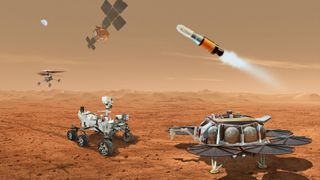
NASA's Mars Sample Return is dead, leaving China to retrieve signs of life from the Red Planet
By Patrick Pester published
NASA's plans for Mars sample return are effectively cancelled as part of a bill approved by the U.S. Congress, ending efforts to collect Perseverance rover samples that could contain evidence of alien life.
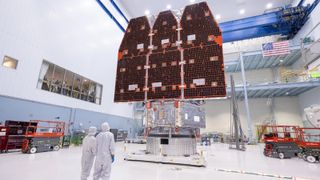
NASA's powerful new Roman Space Telescope is complete — and will soon begin mission to find 100,000 alien worlds
By Harry Baker published
New photos show off NASA's newly constructed Roman Space Telescope, which will soon help researchers unravel the mysteries of the cosmos. Experts have also revealed when the next-gen spacecraft is set to launch and begin collecting data.
Get the world’s most fascinating discoveries delivered straight to your inbox.
 Live Science Plus
Live Science Plus










